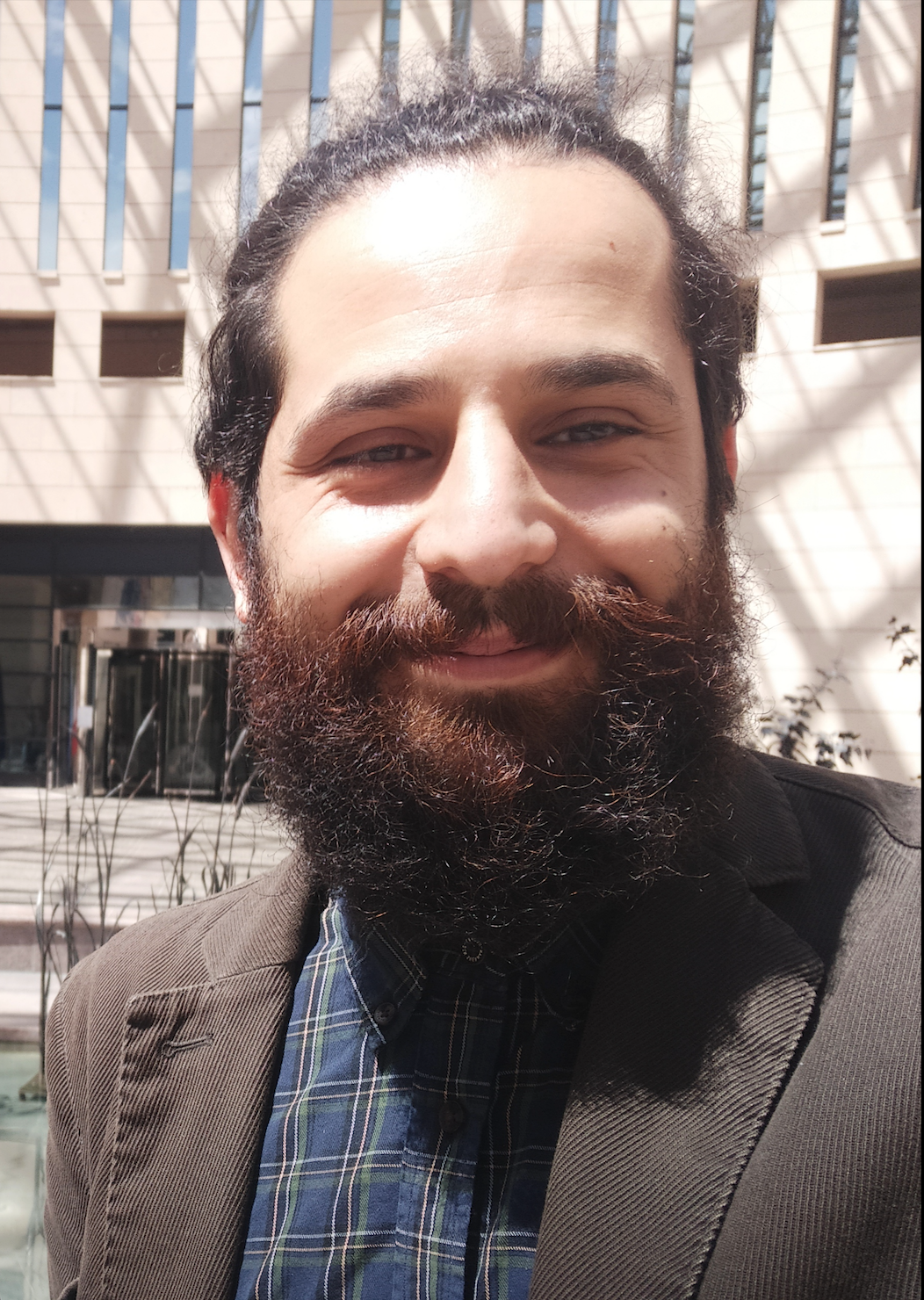Michele Giannotti
University of Trento. Italy
The psychological impact of COVID-19 pandemic on Italian and Spanish families of children with typical and atypical neurodevelopment: moving from research to practice
CV
Michele Giannotti is a post-doctoral researcher and a registered clinical psychologist working in the field of child protection. He holds a Ph.D. in Psychology and Education and he currently works as a post-doctoral researcher at the University of Trento (Italy), Department of Psychology and Cognitive Science – Observation, Diagnosis Education Lab (ODFLab). Dr. Giannotti clinical and research work focuses on parenting and child development, with reference to transition to parenthood child maltreatment and assessment of attachment across the lifespan. He was recently awarded by the International Association for the Study of Attachment (IASA) for his contribution on the study attachment representations in school-age children with autism spectrum disorder without intellectual disabilities. He has delivered talks on the impact of transition to parenthood on paternal mental health, at-risk parenting, and quality of attachment in children with typical and atypical development in national and international conferences. Dr. Giannotti has published several papers on peer-reviewed scientific journals, and he is involved in different research projects on parenting and child development at national and international level.

